PropTech: Overview of the real estate industry in IT
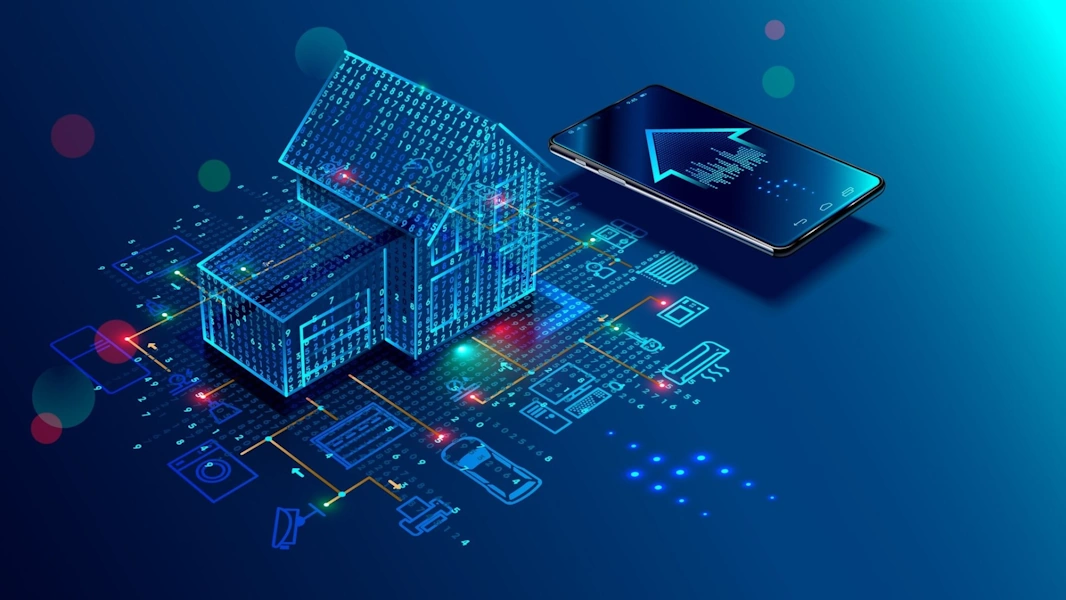
Introduction to PropTech

What is PropTech?
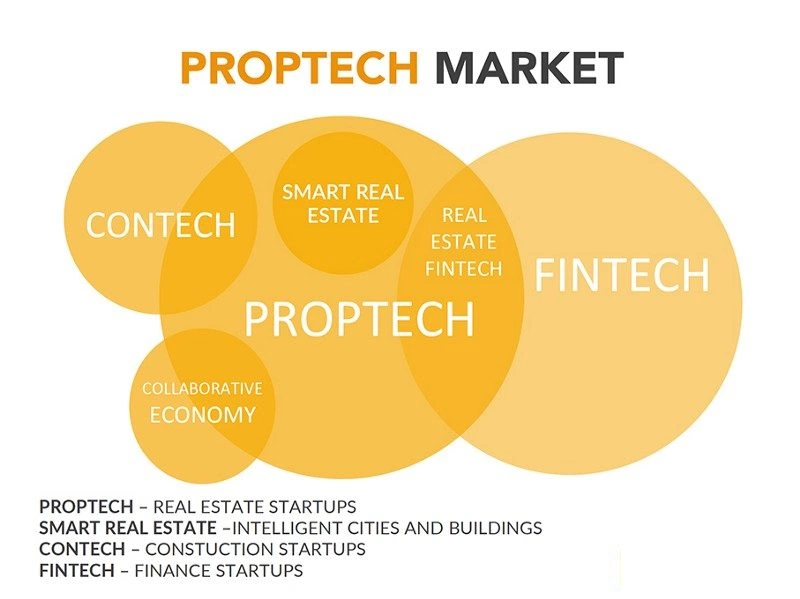
PropTech (property technology) - is an area related to the use of technology in real estate. It includes startups and new companies that offer innovative products and services in real estate, including planning, construction, valuation, management, renting, buying, and selling real estate.
History of PropTech development
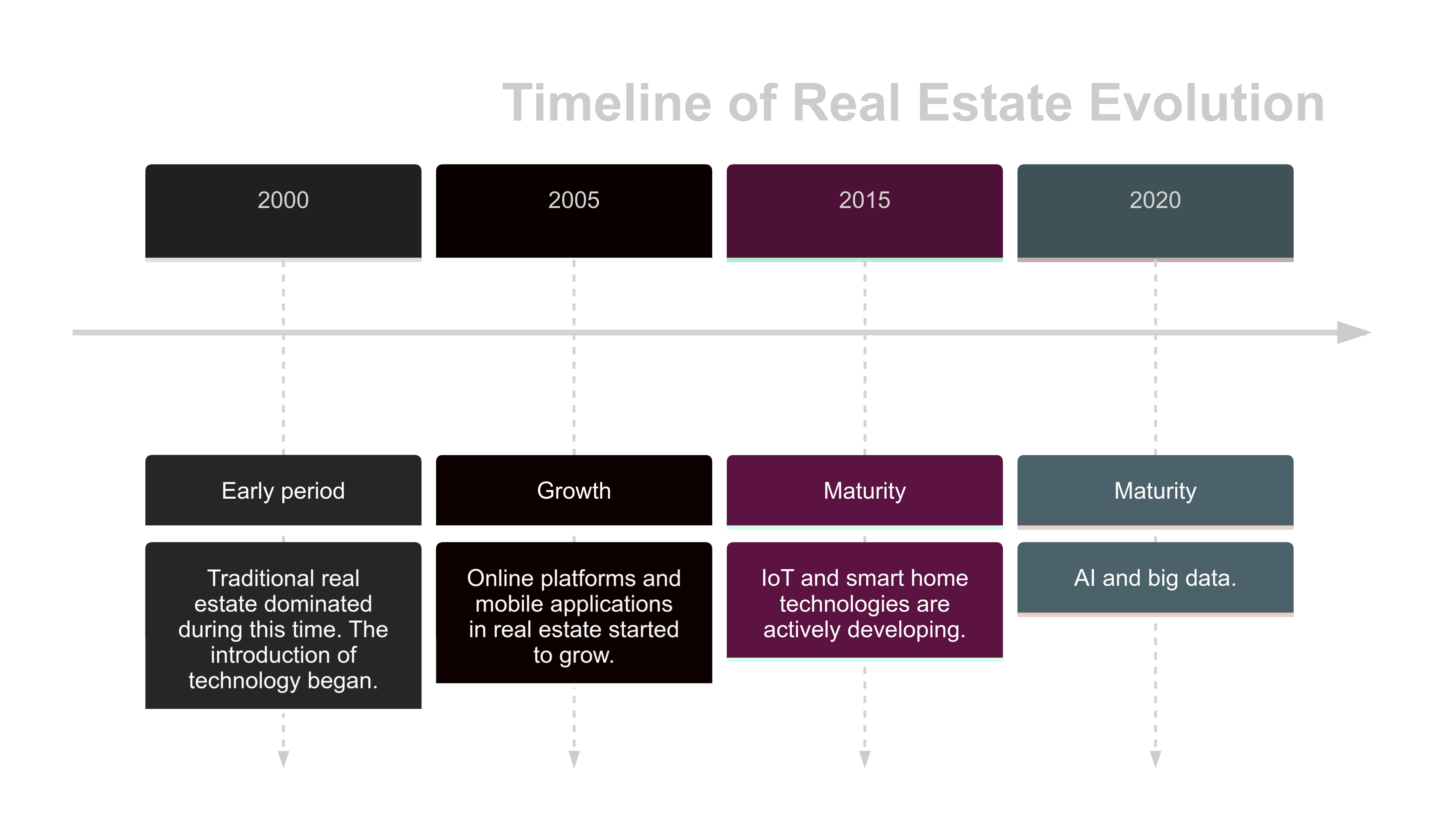
- Early period: Traditional real estate dominated during this time. From 2000, the introduction of technology began.
- Growth: Since 2005, online platforms and mobile applications in real estate started to grow.
- Maturity: Since 2015, IoT and smart home technologies are actively developing, and from 2020, AI and big data.
Glossary of terms
- Automated Property Valuation: Using algorithms to analyze real estate market data and quickly determine property value.
- Digital Twins: Creating virtual replicas of real buildings for data analysis, asset management, and simulation of various scenarios.
- Building Information Modeling (BIM): The process of creating and managing digital representations of the physical and functional characteristics of buildings.
- Technologies for Real Estate Transactions: Developing platforms and tools that simplify the process of buying, selling, or renting real estate.
- Smart Contracts for Leasing: Applying blockchain technologies to automate the execution of lease agreements and other real estate transactions.
- Residential Space Management: Systems that allow for managing residential complexes, tracking resident requests, and handling repair and maintenance applications.
- Spatial Analysis: Using geographic data to analyze the real estate market, plan developments, and determine the value of properties.
- Tenant Management Technologies: Developing applications and platforms that help property owners interact with tenants, process payments, and manage contracts.
- Augmented and Virtual Reality for Real Estate: Using VR and AR to showcase properties, plan interiors, and visualize future projects.
- Smart Cities and Smart Buildings: Integrating technologies into the infrastructure of cities and buildings to enhance their efficiency, comfort, and sustainability.
Key technologies and tools in PropTech

Artificial intelligence and machine learning
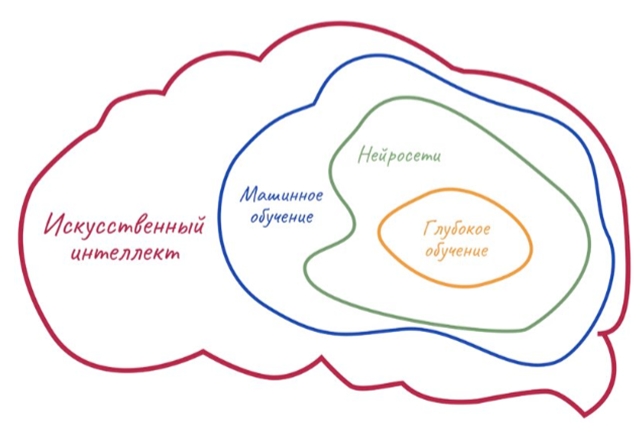
Artificial intelligence and machine learning are used to automate routine processes, predict real estate prices, and analyze customer behavior. They increase work efficiency and allow for a more accurate selection of real estate to meet the needs of clients.
- Process Automation: Machine learning algorithms can automatically sort listings, estimate property values, and analyze user behavior.
- Accurate predictions: Using regression analysis algorithms and decision trees to predict real estate prices.
Technical details:
Using Python libraries such as TensorFlow and scikit-learn to develop and train models. Systems must be able to process large amounts of data in real time.
Blockchain
Blockchain can be used to provide transparency and security in real estate transactions. This technology simplifies audits and reduces the risk of fraud.
- Transparency: Transactions are recorded on the blockchain and publicly available.
- Security: The distributed data structure is resistant to hacker attacks.
Technical details:
Using technologies like Ethereum to create smart contracts. Implementation of API for integration with existing accounting systems.
Virtual and augmented reality
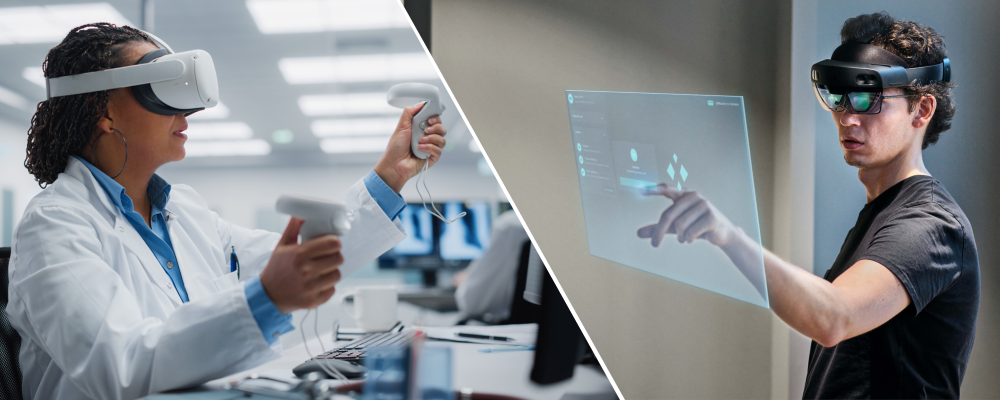
VR and AR technologies enable virtual real estate showings, saving time and resources for both buyers and sellers.
- Virtual tours: Reduce the cost of real estate showings.
- Interactivity: Users can edit interiors in real-time in VR.
Technical details:
Creating 3D interior models using Unity or Unreal Engine. Integration with mobile applications via SDK.
Internet of Things (IoT)
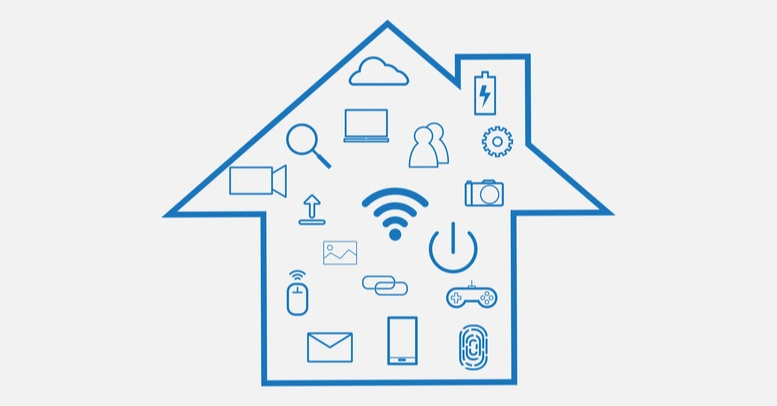
The sensors and smart systems that make up the Internet of Things are used to automate the management of buildings and improve the lives of residents.
- Automation: Control of lighting, heating, and other systems.
- Monitoring: Collecting data on the condition of the facility for further analysis.
Tech details
Using MQTT or CoAP protocols to exchange data between devices. Developing control software in Python or JavaScript.
Big Data and analytics
Collecting and analyzing big data allows you to manage your properties more efficiently, optimize costs and forecast market demands.
- Optimization: Analyze data to determine optimal pricing and promotional strategies.
- Forecasting: Using data to analyze market trends.
Technical details:
Using analytics tools like Hadoop and Spark to process big data. Visualization using Tableau or Power BI.
Each of these technologies is implemented to meet specific business objectives and data security requirements.
Key players and products in PropTech

Redfin
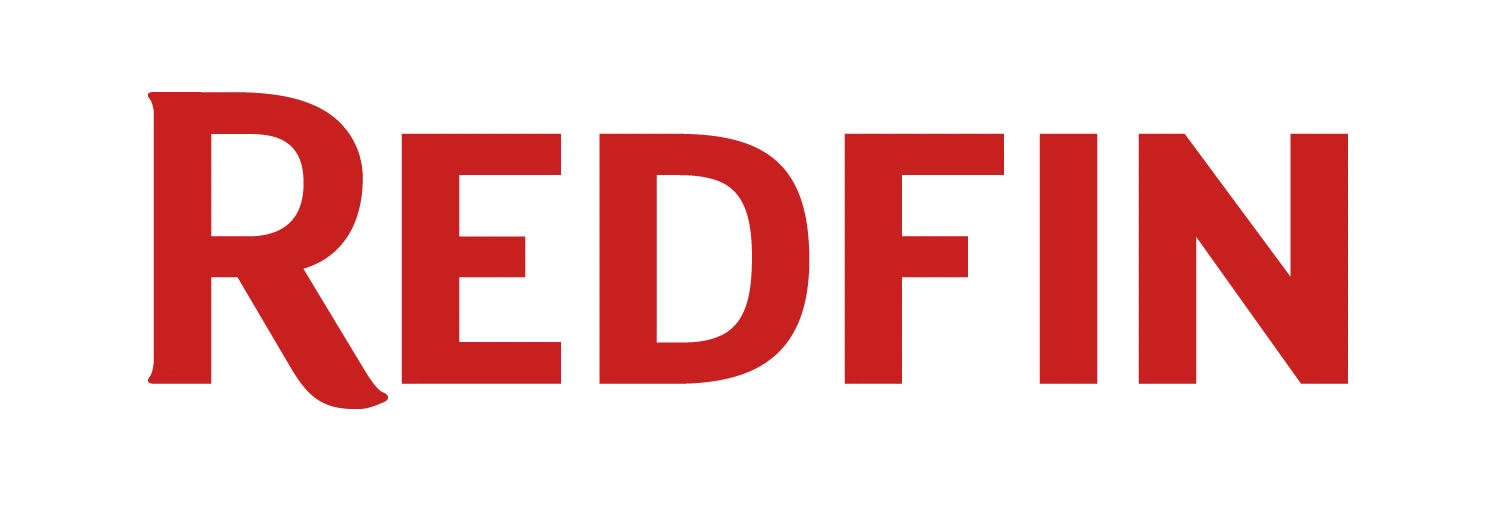
- Description: Redfin uses technology to simplify the process of buying and selling homes.
- Products: RedfinNow, Redfin Mortgage and others.
WeWork

- Description: Though specializing in collaborative workspaces, WeWork is a significant player in PropTech.
- Products: WeWork On Demand, WeWork All Access.
OpenDoor

- Description: OpenDoor is transforming the traditional home-buying experience by making the process more digital and convenient.
- Products: OpenDoor Buy/Sell.
Matterport
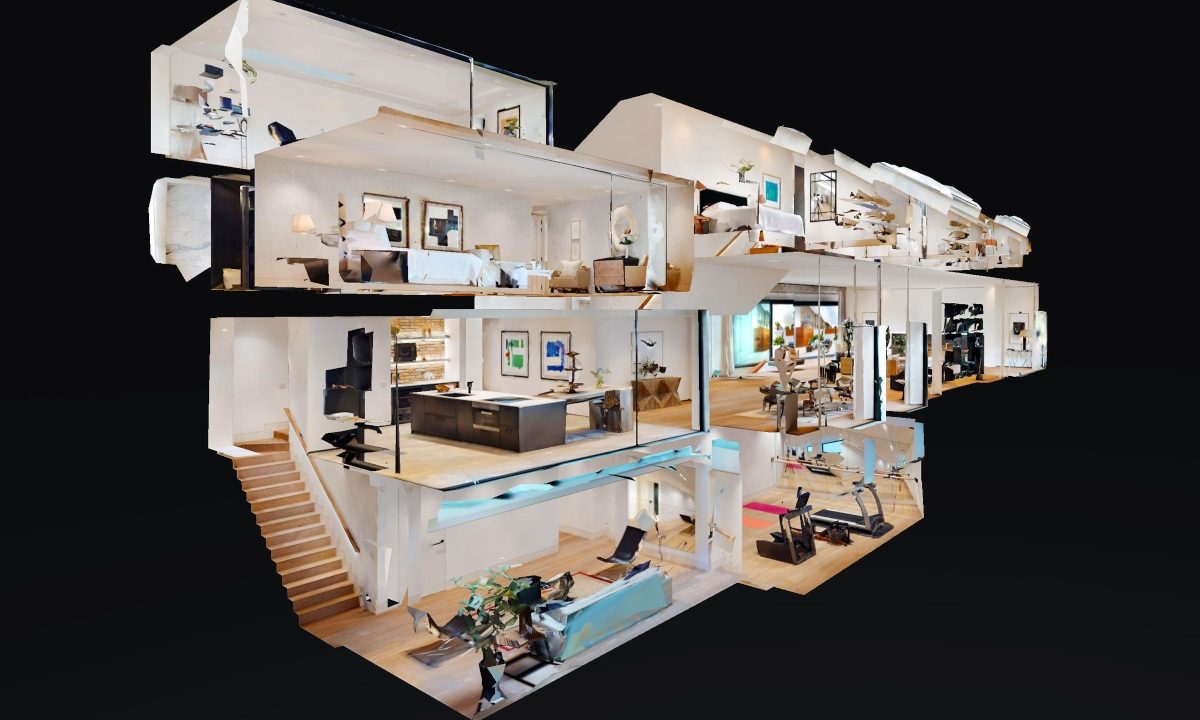
- Description: Specializes in creating 3D models for real estate, making it a key player in VR.
- Products: Камеры Matterport Pro, Matterport Cloud.
Compass

- Description: Compass is committed to making the process of buying and selling real estate more convenient and personalized.
- Products: Compass Concierge, Compass Bridge Loans.
Procore

- Description: Procore offers a construction project management platform that optimizes work in this sector.
- Products: List of products Procore.
Buildium

- Description: A property management solution and targeted at medium to small property owners.
- Products: link
VTS

- Description: VTS helps commercial real estate owners manage leases and assets.
- Products: VTS Platform, VTS Data and others.
RealPage

- Description: RealPage provides property management software focused on multifamily and single-family properties.
- Website
Airbnb
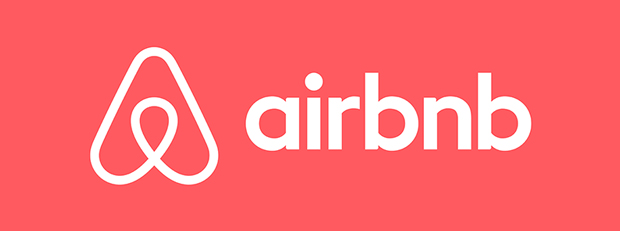
- Description: Airbnb has revolutionized the short-term rental market by making it accessible to the masses.
- Website
Booking.com

- Description: One of the largest online booking services for hotels and other types of real estate.
- Products: Search and booking system, loyalty programs, services for business.
Zillow

- Description: Zillow dominates the online real estate market in the United States, offering listings, value estimates and other services.
- Website
Features of development in the PropTech domain

Data security
Data encryption
AES (Advanced Encryption Standard) or RSA (Rivest-Shamir-Adleman) encryption algorithms are widely used to protect data during storage and transmission. For example, AES-256 is often used to encrypt databases, and TLS/SSL is often used to encrypt data during transmission.
Session keys and password hashing
Hashing passwords through algorithms like bcrypt or Argon2 is a common practice. This helps to ensure that even in the event of a database leak, passwords will be useless without a corresponding key. Session keys are also used to temporarily identify users when interacting with the system.
Compliance Standards
Depending on the region in which services are provided, PropTech systems may be required to comply with data standards like GDPR in Europe or CCPA in California. This involves not only encrypting data, but also anonymizing it and allowing users to delete or export their data.
Two Factor Authentication (2FA)
This method is used to strengthen the security of user accounts. In addition to the password, a second verification method is required, most often a temporary code sent to the user's cell phone or generated via the 2FA application.
Role-based access (RBAC)
PropTech systems often have different levels of access, for example for sales agents, managers and administrators. For this purpose, it is common to use the RBAC (Role-Based Access Control) model, which allows flexible access control to different parts of the system.
Integration with other systems
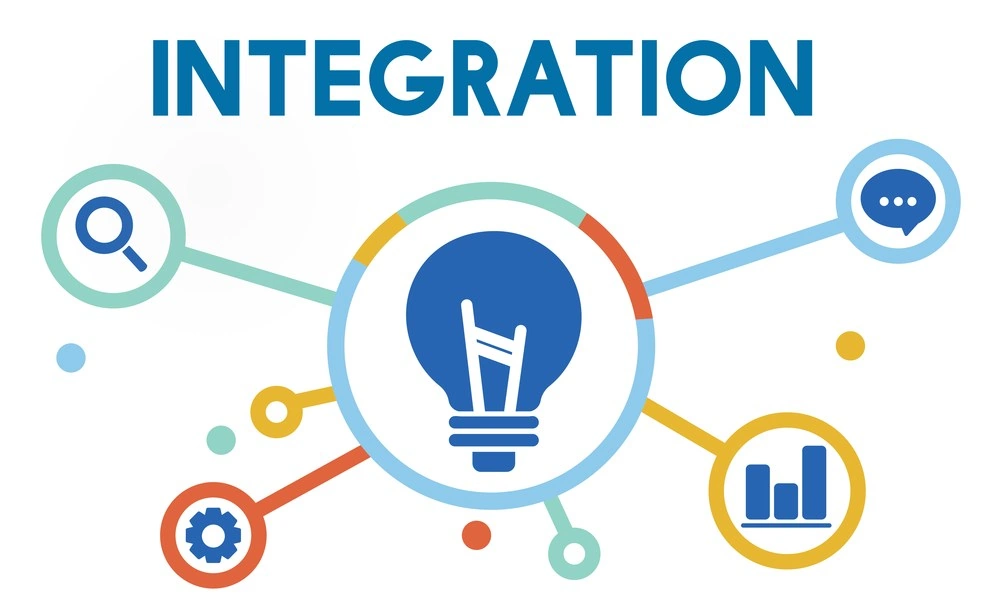
API
An important aspect of PropTech development is integration with other platforms and services. For this purpose, APIs (Application Programming Interface) are used, which allow two different systems to communicate with each other. RESTful API is the most popular choice, but in some cases, other protocols can be used, for example, GraphQL.
Webhooks for real-time events
Webhooks allow you to send notifications to each other when certain events occur. This simplifies the process of automatic data updates between different systems and allows for the creation of interactive services.
OAuth2 for secure authorization
OAuth2 is often used to integrate with services that require access to sensitive user data (e.g., banking accounts or social media). This allows users to grant limited access to their data without having to disclose login and password.
Containerization and microservices
When it comes to large and complex systems, containerization and microservice architecture can help ease the integration process. Microservices allow you to divide logic into smaller, independent pieces, which simplifies development, testing, and deployment.
Mobile adoption
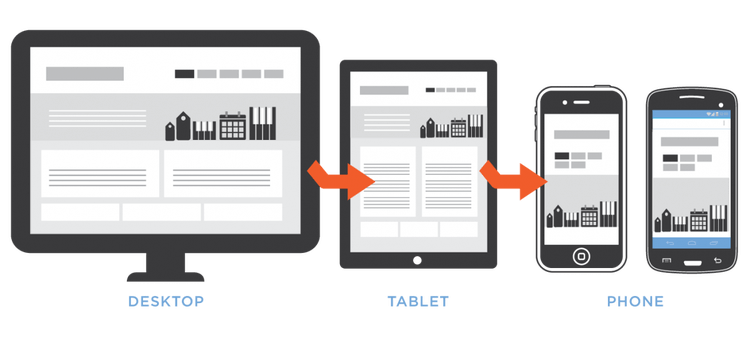
Adaptation for different platforms
In the era of smartphones and mobile internet, "responsive design" has become not a desirable but an essential attribute of a modern web application. It implies developing the interface in such a way that it displays and functions correctly on different devices.
Native vs. Cross-Platform
When it comes to mobile app development, an important issue is the choice between native development for iOS and Android separately and cross-platform solutions such as React Native, Xamarin, or Flutter. Native development often provides better performance and access to OS-specific features, but incurs higher development and support costs. Cross-platform solutions may be more cost-effective but may have limitations in accessing native features.
Offline access
In PropTech, there may be scenarios where a user needs to access data or application functionality offline. In this case, caching and local data storage technologies such as IndexedDB, Service Workers, or local databases on the device are used.
Push notifications
Push notifications are becoming increasingly popular for engaging users and providing relevant information in real-time. They can be implemented using native OS features or third-party services, for example, Firebase Cloud Messaging..
Geolocation services
GPS and Wi-Fi Positioning
To accurately determine the location of real estate and users, technologies such as GPS and Wi-Fi positioning are used. GPS provides good accuracy but can be limited indoors, whereas Wi-Fi positioning can complement GPS in such conditions.
Geofencing
This technology allows the establishment of virtual boundaries within specific geographic zones. When an object or user crosses such a boundary, it can trigger certain actions or notifications. For example, this can be useful for automating property management or security.
Mapping APIs
APIs such as Google Maps are widely used to integrate mapping and other geolocation services into applications. They provide functionalities for visualizing real estate, routes, and other geographic information.
Indoor Mapping
Indoor mapping is becoming increasingly relevant, especially for large commercial and residential complexes. It can be used, for example, to optimize energy resource management or provide navigation within the building.
Geoanalytics
Analyzing geodata can provide valuable insights for PropTech companies. This may include analyzing traffic, population density, or even climate conditions to optimize property management or predict market trends.
Importance of Geolocation Services in PropTech
Geolocation services in PropTech not only add "nice-to-have" functionality but are often critical for operations, analytics, and enhancing user experience. These technologies require special attention during development as they affect the performance, security, and accuracy of the application.
Life cycle management
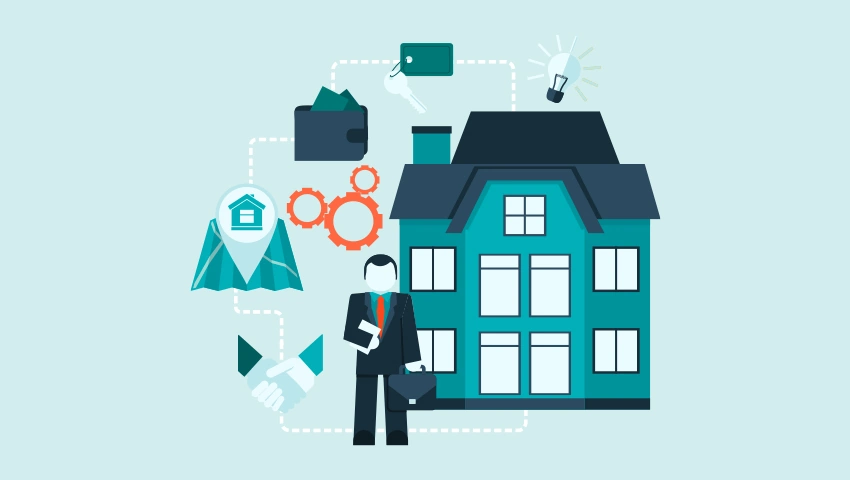
Asset Tracking
One of the key challenges at PropTech is tracking and managing the lifecycle of assets, whether they are buildings, leased space or equipment. Asset tracking technologies such as RFID and IoT sensors enable real-time data collection on asset condition, utilization and location.
Building Information Modeling (BIM)
BIM is a 3D modeling of buildings that can be used to effectively manage all aspects of a building's life cycle. It helps in planning maintenance, renovation and even demolition of buildings.
Predictive maintenance
Applying machine learning and analytics to predict asset maintenance needs. Systems can automatically determine when and which elements of buildings or equipment need maintenance or replacement.
Energy Management Systems
Energy management systems help to optimize energy consumption in buildings. This includes automated systems for controlling lighting, air conditioning and other systems.
Compliance tracking
In asset management, compliance with various regulations and standards is particularly important. Specialized software solutions can automate the process of collecting and storing data to prove compliance.
Regulations
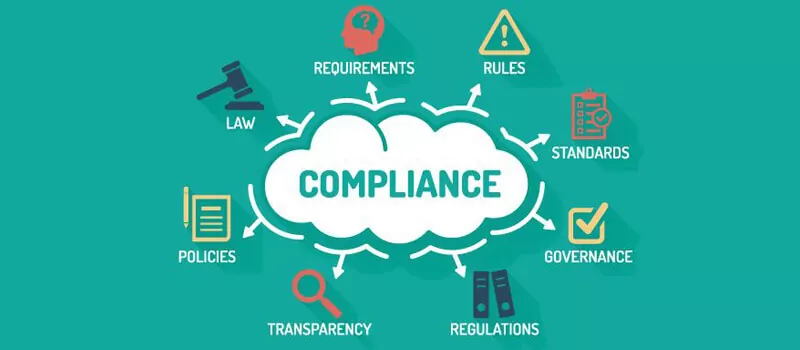
Managing supply chains and logistics in PropTech is not just about optimizing current operations. It requires deep integration with other systems, using data for forecasting and automation, as well as continuous monitoring and adaptation to changing conditions.
Compliance with Laws and Standards
The industry has regulatory norms, including land use planning, building codes, and safety standards. Therefore, it is important to design systems that can easily adapt to changing legislative requirements.
Audit and Reporting
Systems should provide mechanisms for detailed auditing and reporting to meet regulatory requirements. This may include functionality for the automatic generation of reports and documentation.
Data Encryption and Protection
Regulatory requirements typically set the bar for data security levels. This can mean using advanced encryption methods and other technologies to ensure data confidentiality and integrity.
Version Management and Updates
In the face of constantly changing legislation, systems must be flexible in version management and updates to comply with new or amended requirements.
Supply chains and logistics
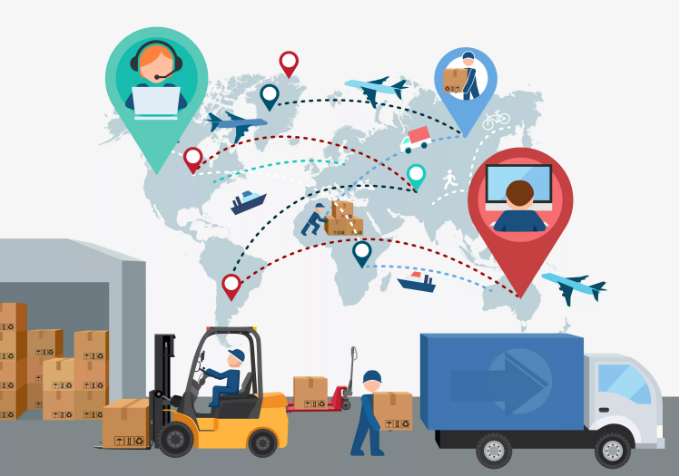
Process Automation
In PropTech, especially in sectors related to construction and property management, supply chain and logistics management is critically important. Automated systems can be used for tracking orders, managing inventory, and optimizing resource allocation.
Real-Time Tracking
Using Real-Time Tracking to monitor the movement of materials, equipment, and vehicles not only increases efficiency but also prevents losses and delays.
Blockchain and Smart Contracts
The potential application of blockchain technology to ensure transparency and security in transactions. Smart contracts can automate and simplify many procedures related to procurement and supply.
Integration with ERP Systems
Often in PropTech, integration with existing Enterprise Resource Planning (ERP) systems is required. This is necessary to ensure a consistent flow of data between different departments and partners.
Predictive Analytics
Using predictive analytics to forecast material needs, determine optimal delivery routes, and even predict possible disruptions in the supply chain.
Trends and the future in PropTech

Artificial intelligence and machine learning at PropTech
- Data Analytics: Real estate data—from prices and listings to user behavior patterns—can now be analyzed using AI. This allows companies to forecast market trends, evaluate asset values, and even predict potential breakdowns or maintenance needs.
- Process Automation: AI-driven robotic processes are taking key positions in property management. For example, automating rent collection and accounting processes, managing building energy consumption, and even automating resource allocation on construction sites.
- Personalized User Experience: Using machine learning to analyze customer behavior and preferences can provide valuable insights for creating more personalized and effective products or services.
- Smart Contracts: ML and AI can be integrated into smart contracts to automatically execute contract terms based on real-time data analysis.
- Legal and Ethical Considerations: This level of automation and the use of algorithms for decision-making necessitate strict compliance with data laws and ethical standards.
- Thus, AI and ML not only present great opportunities for innovation in PropTech but also new challenges, such as ensuring data security, considering ethical aspects, and meeting regulatory requirements.
Internet of Things

The Internet of Things (IoT) is being integrated into the real estate industry at various levels, and this trend is likely to strengthen. Here are the key aspects to consider:
- Smart Buildings: IoT technologies enable buildings to "understand" and "respond" to the behavior of their occupants. Climate control, lighting, and even access systems can be automated to enhance comfort and efficiency.
- Energy Efficiency: Sensors and devices can automatically regulate energy consumption based on various parameters such as building occupancy or time of day, significantly reducing costs.
- Security: IoT devices such as security cameras, motion sensors, and access control systems add an extra layer of security, allowing real-time monitoring and control of the building.
- Asset Management: With IoT, asset managers can receive direct, real-time information about the condition of various systems and devices, enabling predictive maintenance or replacement.
- Data Integration: One challenge is integrating large volumes of data from various devices and systems into a single, easily manageable platform.
- Regulatory Issues: As with AI and machine learning, the use of IoT technologies requires strict compliance with data processing and storage laws and regulations.
- The impact of IoT on PropTech cannot be overstated: it is a technology that opens up new possibilities for automation, efficiency, and comfort but also imposes serious requirements for security and regulatory compliance. By the way, many people don’t know, but in the abbreviation IoT, the S stands for security 😊.
Virtual and Augmented Reality in PropTech

Virtual and augmented reality are significant technological trends that are beginning to penetrate the PropTech sphere actively. They promise to revolutionize the ways buyers, sellers, and real estate properties interact.
VR and AR are expected to become standard for virtual property tours, allowing users to immerse themselves in the space they are considering for purchase or rent.
With the growth of hardware capabilities and software optimization, the quality and detail of virtual tours will improve.
Impact on Software Development
From a development perspective, this creates the need for more sophisticated algorithms for creating and displaying 3D models, as well as integration with other systems (e.g., property management systems).
The requirements for data security increase: information about the internal structure of properties becomes more accessible, creating risks.
Key Development Directions
In addition to property tours, other potential applications include training programs for real estate agents, augmented reality for interior design, and even "smart" homes managed via AR interfaces.
Thus, virtual and augmented reality open new horizons for the PropTech industry but also pose new requirements and challenges for developers.
Blockchain
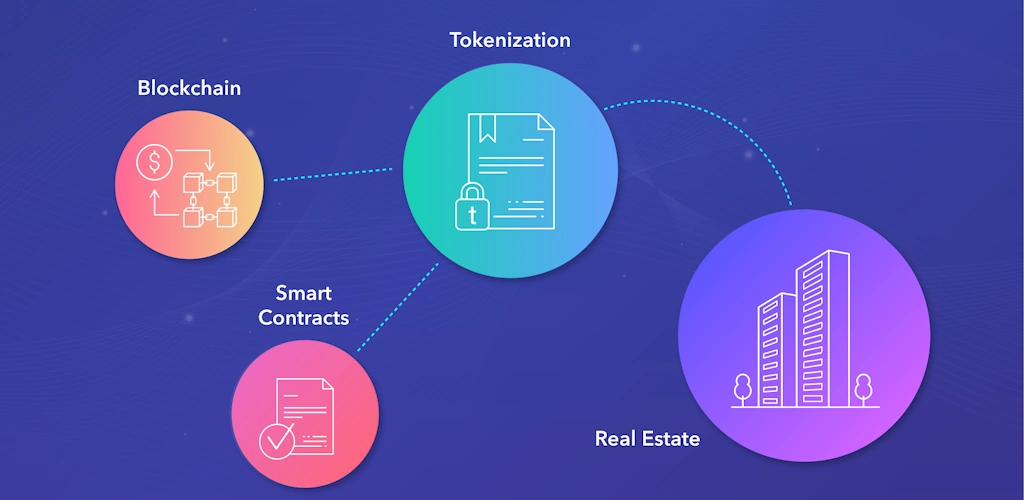
- The use of blockchain for real estate transactions, title registration, and even smart building management is expected to increase in the coming years.
- Blockchain could become the basis for decentralized real estate markets, reducing dependence on central intermediaries such as agencies or online bidding platforms.
Impact on software development
- Developing for blockchain involves not only mastering the technology itself but also taking into account the specifics of regulation in different jurisdictions. Regulatory issues have been covered above.
- Integrating blockchain with existing real estate and payment management systems is also a complex task that requires a high level of expertise.
Main areas of development
- "Smart contracts can automate many processes, such as payments, signing contracts, and even automatic enforcement of contract terms. For example, transferring ownership after payment.
- The technology can be used to create tokenized assets, allowing investors to more easily and quickly buy and sell stakes in real estate properties.
Sustainability and environmental friendliness
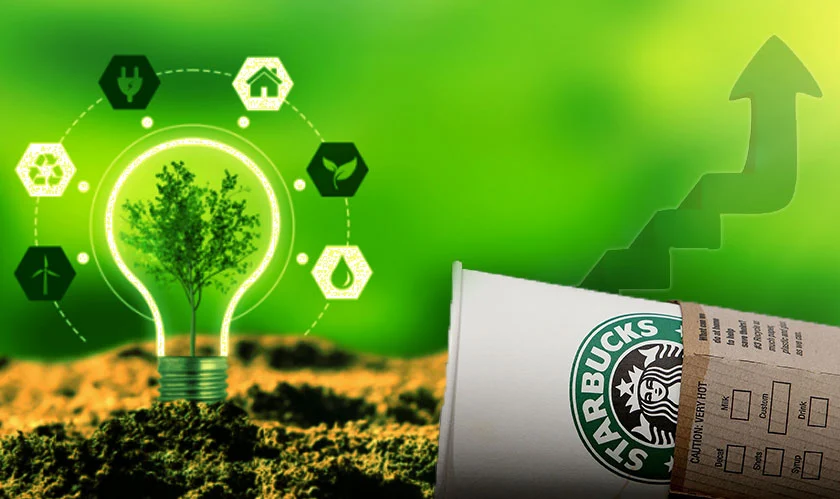
Trends are that more construction projects will focus on sustainability, including the use of environmentally friendly materials and energy-saving technologies.
"Green" investments in real estate are increasing, with the emergence of standards and certificates confirming the level of environmental friendliness of the object.
Impact on software development
- Developing software for energy management, emission monitoring, and waste management is becoming an urgent task.
- Integrating building management systems (BMS) with other environmentally-oriented technologies such as rainwater harvesting and recycling systems or solar panels requires attention to detail and a high level of developer expertise.
Main areas of development
Sensors and IoT devices for monitoring environmental parameters in and around buildings.
- Use of artificial intelligence to optimize energy consumption and resource intensity of buildings.
Conclusion

Transformation in the real estate industry is gaining momentum, and PropTech is at the center of that change. From using artificial intelligence and machine learning to analyze and predict market trends to applying the Internet of Things to improve comfort and security, technology is revolutionizing the way we buy, sell, and manage real estate.
However, there are also several technical and regulatory challenges. Issues of data security, integration with existing systems, mobile adaptability, and sustainability remain important questions that developers must find answers to. Trends such as artificial intelligence, the Internet of Things, virtual and augmented reality, blockchain, as well as sustainability and eco-friendliness, are likely to dominate the field in the coming years, providing developers with new challenges and opportunities.
